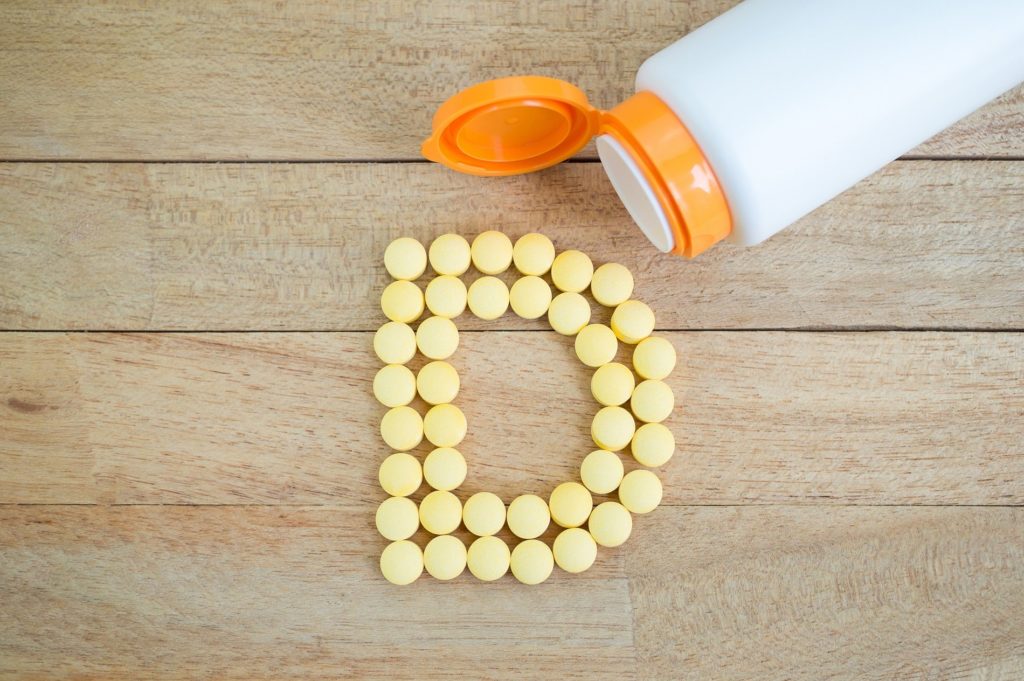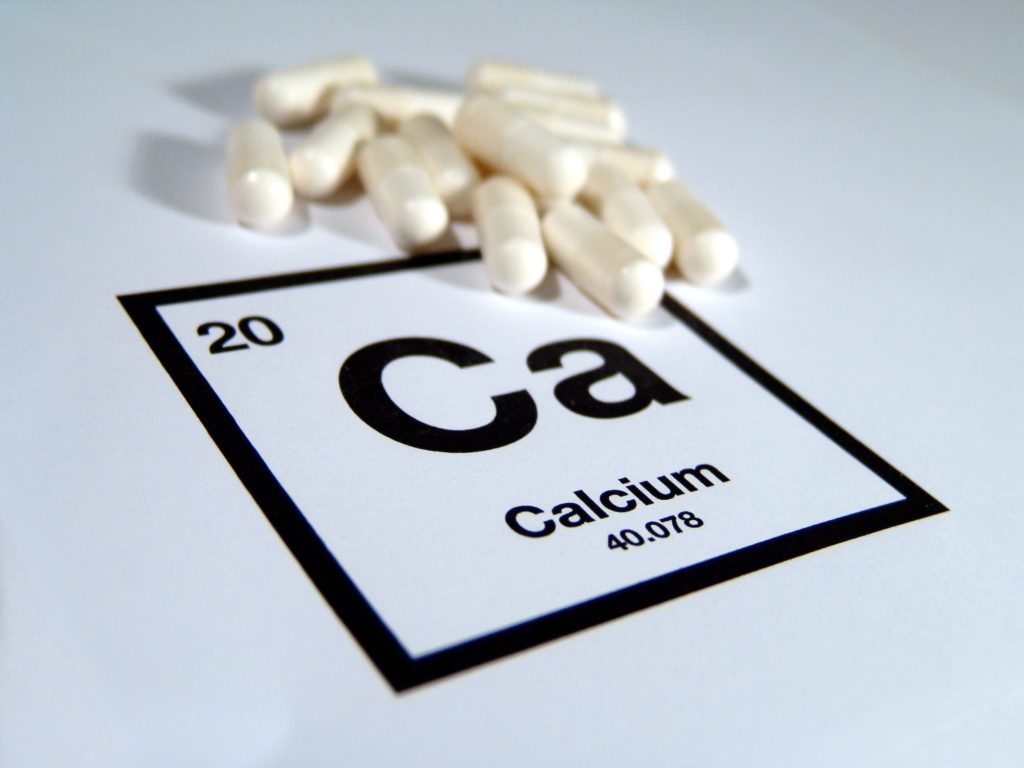Some health experts tell us that supplements are not necessary because we can get the essential nutrients we need from our diets alone, while others tell us that conventionally grown foods today don’t contain enough nutrients due to issues like poor soil quality.
Each person has different nutrient needs and deficiencies and our soil has become devoid of nutrients, which means the food that’s grown in it has declined in nutritional value. There are times when it truly isn’t possible to get everything we need from food.
The decrease in nutrients in our food and an increase in stress, toxins, and gut issues such as leaky gut is why we can no longer get all of the vitamins and minerals we need from food alone.
The need for supplements will vary widely from person to person, but many natural health advocates fear that the recommendations are simply a way to set the stage for the global “harmonization” (uniformity) of nutrient reference values.
There is a huge number of pharmaceutical and natural supplements people “swallow” to improve their health. Additionally, many companies realize the long-term income potential of supplements because they are consumed daily and there is constant marketing about supplements online and in stores.
Because we are all unique individuals and biochemically different, everyone should be taking supplements of some sort, and there are more than 6,000 natural supplements according to local research, multivitamins, vitamin D, probiotics, and fish oil are the most frequently consumed and popular supplements.

- Omega-3
There are three types of omega-3: eicosapentaenoic acid (EPA), docosahexaenoic acid (DHA), and alpha-linolenic acid (ALA). ALA comes from flaxseed and other plants while EPA and DHA come from animal sources. Omega-3s from animal sources are considered better than the ones from plants because our bodies absorb them better.
Are you taking omega-3 fish oil supplements? You should be.
Omega-3 fatty acids found in fish oil have anti-inflammatory effects, proved to be beneficial to human health because they help against cardiovascular disease and even reduce the risk of cancer.
Regular consumption of fish oil supplements can also significantly reduce the rate of cognitive decline and improve brain function in older adults, according to a recent study.
Aside from the above-mentioned, omega-3 fish oil supplement could do the following for your health:
• Prevent anxiety
• Strengthen your bones
• Reduce inflammation in your body
• Lose weight
• Anxiety Prevention
• Increase your lifespan
Other benefits of supplementing omega-3 fish oils can decrease strokes, and arthritis symptoms, and even lower chances of developing prostate, breast, and colon cancers.
- Multivitamins
It is recommended to take high-quality multivitamins.
A multivitamin is a combination of micronutrients, including vitamins, minerals, antioxidants, and more. In the United States, the official multivitamin definition is any supplement with at least three vitamins and minerals that has minimal risk of adverse side effects and is without the addition of herbs, hormones, or drugs.
Whether you’re at the top of your health game, tackling a tough health challenge, or in recovery, multivitamins help fill in nutritional gaps and prevent deficiencies in key vitamins and minerals.
They have also been associated with several health benefits and may aid in promoting better eye health, improving memory, and maintaining bone strength throughout the life span.
The only thing you need is to select multivitamins proper for your age and sex.
And, if you’re brand new to the world of supplements and wondering where to begin, a daily multivitamin is the perfect place to start!

- Vitamin D
It seems like there’s much better awareness these days about the importance of vitamin D.
Vitamin D is a hormone that’s created when the body receives sunlight, specifically UVB energy, through the skin, then moves it on to the liver and finally the kidneys where it becomes functionally active.
Vitamin D supplementation has been linked to many different health benefits, including increased weight loss, enhanced immune function, reduced risk of depression, and more. It also contributes to bone strength, heart health, and cancer prevention. It is also proven that Vitamin D helps to regulate the immune system, reducing the risk of diabetes, and even depression.
Vitamin D has the potential to:
• Allow the body to absorb calcium and build bone
• Improve strength and balance by binding to muscle receptors
• Relieve unexplained muscle and bone pain
• Reduce the risk of MS
• Reduce the risk of coronary artery calcification characteristic of low D levels
• Regulate blood pressure
• Reduce the risk of stroke
• Reduce inflammation
• Reduce the risk of type 2 diabetes
- Probiotics
Probiotics are live microorganisms that can be consumed through fermented foods or supplements. Which are certain types of friendly bacteria, that provide health benefits when eaten. More and more studies show that the balance or imbalance of bacteria in your digestive system is linked to overall health and disease.
Having the right gut bacteria has been linked to numerous health benefits, including the following:
• Weight loss
• Improved digestion
• Enhanced immune function
• Healthier skin
• Reduced risk of some diseases
Taking a probiotic every day can help keep your microbiome in balance, which promotes a healthy GI tract, relieves digestive discomfort, promotes a normal bowel pattern, and supports overall wellness.

- Calcium
Calcium is the most abundant mineral in the human body. While calcium’s most famous role in the body is helping to build strong bones, it’s crucial for many different areas of health you may not be aware of.
When your calcium intake is insufficient, your body will remove calcium from your bones, making them weak and brittle.
And if you are not getting enough calcium from foods, taking a calcium supplement is the most way to do it. Calcium supplements may benefit those who are not getting enough calcium from food and women who have reached menopause.
The health benefits of calcium supplements are:
• They May Help Prevent Bone Loss in Postmenopausal Women
• They May Help With Fat Loss
• Calcium May Help Lower the Risk of Colon Cancer
• Supplements May Help Improve Metabolic Markers
Calcium supplements can help fill the gap between how much calcium you get in your diet and how much you need per day. Remember, the recommended amount for most adults is 1,000 mg per day and increases to 1,200 mg per day for women over 50 and men over 70.
- Coenzyme Q10
Coenzyme Q10, also known as CoQ10, is a compound that helps generate energy in your cells. However, your body produces less and less CoQ10 as you get older.
CoQ10 is created naturally in the human body (heart, liver, pancreas, and kidneys) and is considered to be important for improving energy production in cells, especially for normal heart function. You can get it from certain foods. The best sources of CoQ10 are oily fish and organ meats, such as beef liver. It can also be found in whole grains.
Also, a man-made form of CoQ10 is available as a supplement that can be found in most pharmacies and health food stores.
Taking CoQ10 supplements can help increase your CoQ10 levels. Study results that the benefits of CoQ10 can:
• Sustains Natural Energy
• Reduces Free Radical Damage
• Improve Heart Health and Offset Effects of Statin Drugs
• Slows Down Effects of Aging
• Helps Maintain Optimal pH Levels
• May Protect Cognitive Health
• Could Improve Male Infertility
• Treats Symptoms of Fibromyalgia
Now that you know more about these important supplements you can start adding them to your daily life and see the health benefits they provide firsthand.



